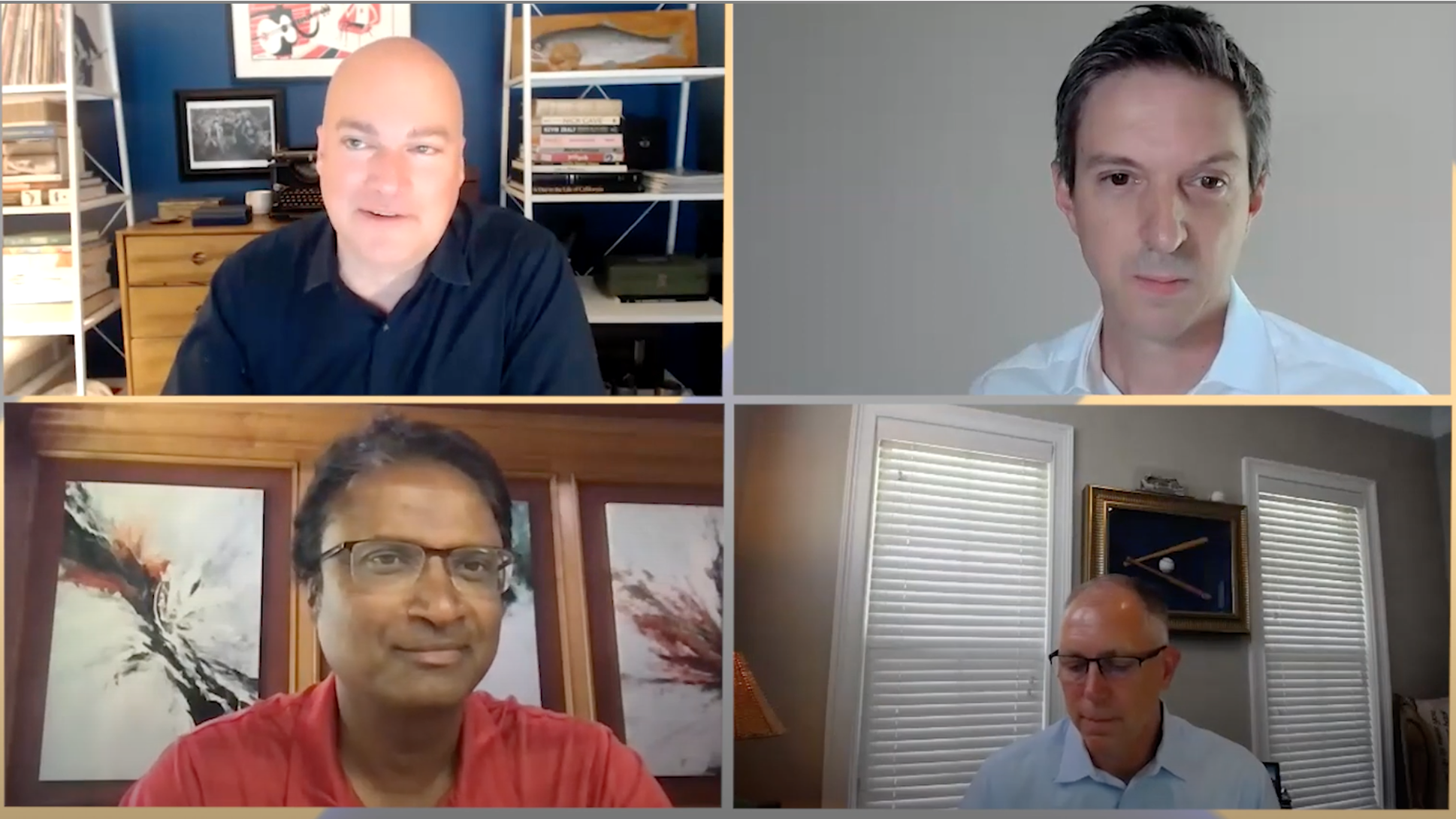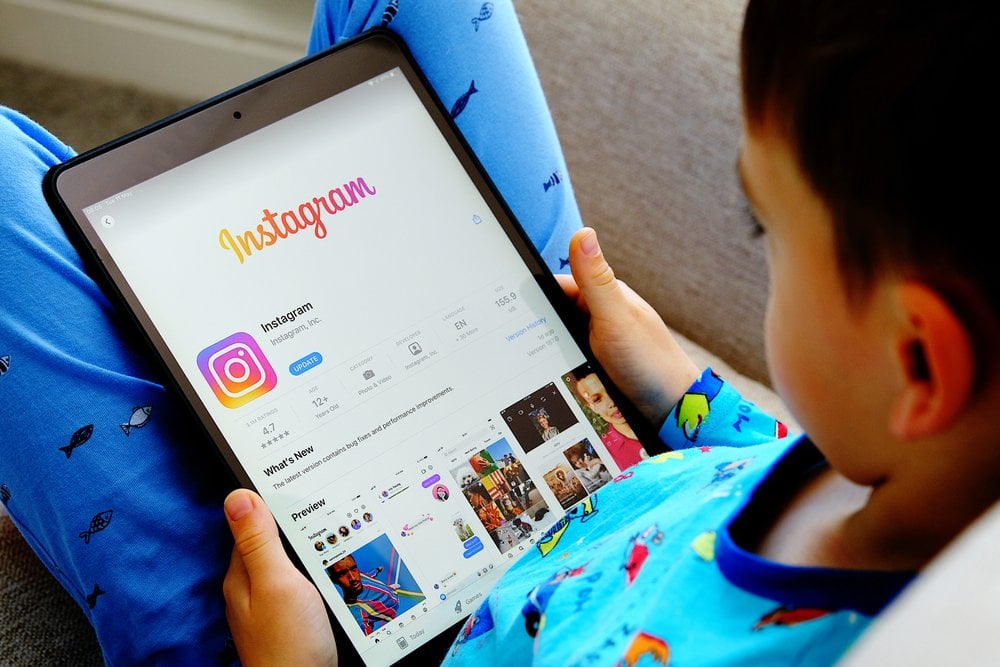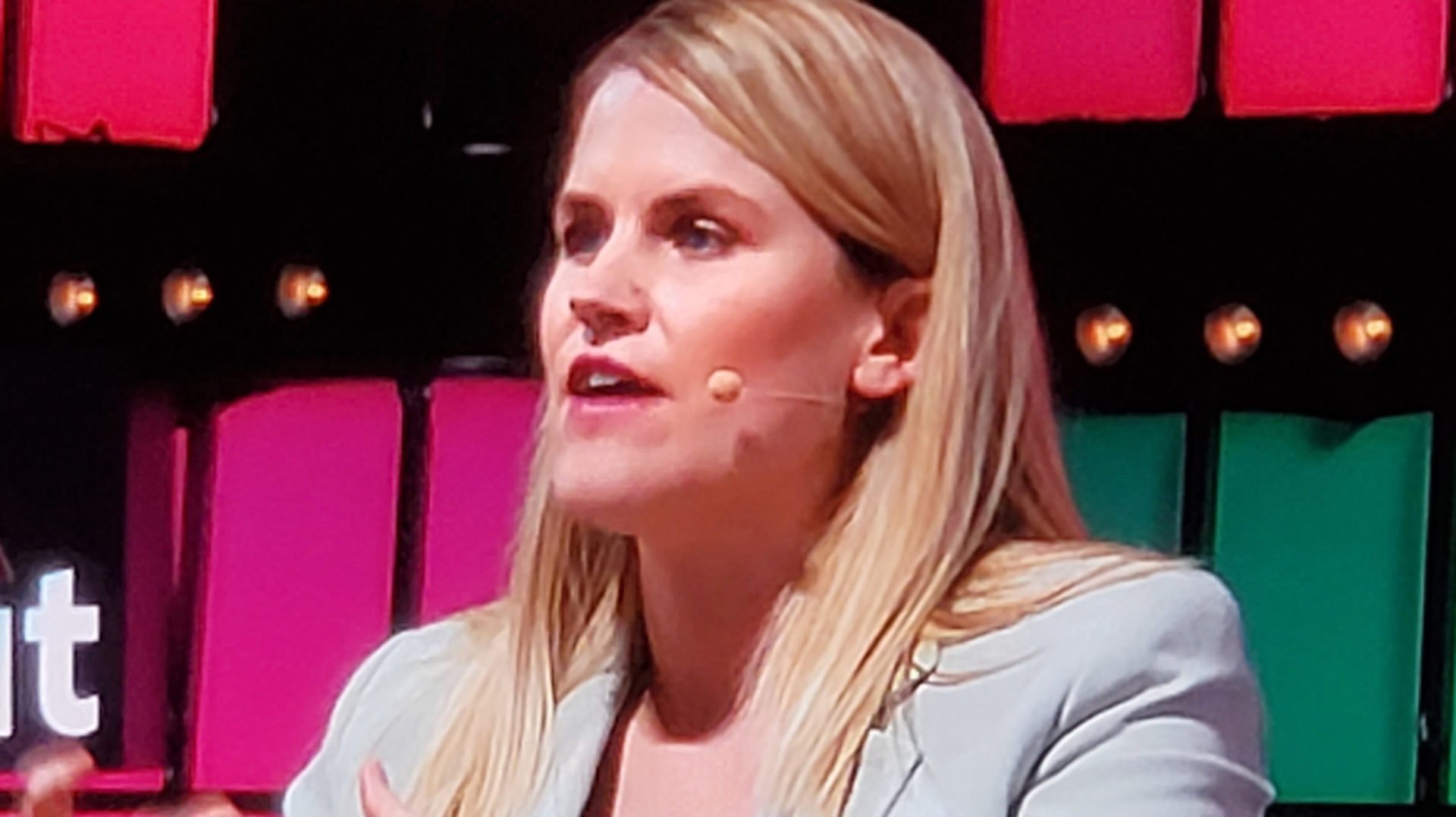 The first time I met Mark Zuckerberg I told him he seemed like a natural CEO. He acted offended. “I never wanted to run a company,” he said bluntly. Then he added, perfunctorily, “A business is a good vehicle for getting stuff done.” But that was September 2006. Facebook was just two-and-a-half years old. He impressed me so much I went back and wrote a column for Fortune, where I worked, entitled Why Facebook Matters.
The first time I met Mark Zuckerberg I told him he seemed like a natural CEO. He acted offended. “I never wanted to run a company,” he said bluntly. Then he added, perfunctorily, “A business is a good vehicle for getting stuff done.” But that was September 2006. Facebook was just two-and-a-half years old. He impressed me so much I went back and wrote a column for Fortune, where I worked, entitled Why Facebook Matters.
Now the company is ten. (It launched February 4, 2004.) Zuckerberg is 29, not 22. He is no longer embarrassed to be a businessman. By a lucky coincidence of timing, Facebook’s quarterly results announced just last Wednesday were spectacular. As the company hits this historic landmark, its financial foundation is provably rock-solid. And there is one fundamental reason: Zuckerberg is an extraordinary leader. I thought so then; I think so now; and I spent two years of my life explaining him and his achievement, in my book The Facebook Effect: The Inside Story of the Company that is Connecting the World. I was privileged to gain access to write what remains the only journalistic history of the company.
It’s easy to forget how singular Facebook is. Many other companies have imitated it and tried to capture its magic. But even when I first told Zuckerberg I wanted to write a book about Facebook, in January 2008, the 55 million users it had accumulated in four years was already historic—no company in any industry had ever garnered that many users, readers, or customers so fast. Not even close. The growth rocket continued. When the book was published in June 2010 there were 350 million users. In the summer of 2011, the paperback corrected the number to 500 million. Now Facebook has 1.23 billion users, in literally every country on the planet. It has become essential global communications infrastructure, like email.
But why, people frequently ask, did Facebook of all companies become such a colossus? Here are four reasons.
1) Zuckerberg takes the long view—the very long view. Once it became clear that his site had an appeal beyond students he resolved to do whatever it took, however long it took, to get this sharing and communications tool into the hands of humanity. He really does think that his service is for everyone—all 7+ billion on the planet—and he repeatedly says he is in this for 30 years. That perspective has helped him weather turbulence that might daunt less focused leaders. For example, when he realized a couple years ago that Facebook needed to focus more on mobile, he decided to do whatever was necessary to turn Facebook into a truly mobile company. As the recent excellent Business Week cover story reports, after that he summarily terminated any meeting that began by talking about Facebook on PCs. Now more than half its ad revenues, astonishingly, are coming from mobile, up from only 23 percent a year ago.
2) Facebook, unlike many other social networks, is a technology company. Zuckerberg has an engineer’s mindset. He is a computer scientist, albeit one who dropped out of college in his sophomore year. Friendster and MySpace both foundered on their own technical incompetence. Zuckerberg’s early partner Sean Parker had seen the Friendster debacle up close. The two, along with co-founder Dustin Moskovitz, resolved way back in 2004 not to let that ever happen to them. Facebook has continually evolved its features and technologies like the best of tech companies. And it has generally built a far bigger backend infrastructure than it needed at any given time. That is one reason it has so seldom had performance failures like those that undermined confidence in other services, including Twitter in its early days. (Another unique asset that aided performance for Facebook early was its ability to “gate” its growth – it didn’t have to add the next college campus until it was ready.)
3) Facebook was the first place on the Internet that offered privacy. This statement sounds counterintuitive to many, I’m sure. Yes, Facebook has stumbled repeatedly over this past decade as it tweaked its privacy features, and has often failed to properly explain either why they were changing or how to use them. But before Facebook came along, the Net was a sea of handles and anonymity. The reason people immediately became comfortable putting their IM addresses or cellphone numbers on Facebook was because they knew they could control who would see their information. That had never been true for a consumer website before. The comfort that gave users caused them to flock to the service. Facebook was intended from the beginning as a place to connect to people you already knew in the real world, not as a place to make new friends. The primary privacy control on Facebook was, and remains, who you accept and request as your online “friend.” Unfortunately most users are lax in policing this, either out of politeness or a desire to be popular. If you have friends you don’t know on Facebook, you can have little privacy, or confidence that your information will be protected. Yet for all this, Facebook has done a very poor job of communicating its privacy controls and policies to its users, including making the fundamental point I just did.
4) Sheryl Sandberg. For all Zuckerberg’s visionary talents and even genius, if he hadn’t hired such a talented, experienced, and shrewd business leader to build out the advertising and financial side of the business, it might never have become the real business it is today. Sandberg, who Zuckerberg interviewed for over 30 hours before hiring her from Google in 2008, has proved the perfect partner for turning the world’s biggest communications powerhouse into a real business. The recent quarterly triumph and the company’s ongoing business momentum is due even more to her than to Zuckerberg.
The biggest strategic shift underway at the company right now is towards standalone apps—products like Messenger, Instagram, or the new Paper news product that exist entirely on their own and do just one function simply and well. They may rely on Facebook, but they will not be Facebook. These services may help Zuckerberg achieve that passionately-held goal of becoming useful for literally everyone. While the full-featured Facebook, with its iron-clad identity rules, may not swing it inside China, for example, some of these lighter services just might.
Facebook has changed the face of global politics, among its many other successes. The Arab Spring was just the most visible sign of this. If you are a dissatisfied citizen anywhere on the planet, whether because of a pothole on your street or a corrupt dictator ruling your country, what do you do if you want your friends to know how you feel? For hundreds of millions of people, the answer is to use the service you already use which is for communicating with large numbers of people. For years I’ve received a daily Google Alert with the words “Facebook” and “protest.” It’s astonishing what comes up.
Here are some groups that have used Facebook to initiate collective action just in recent days: anti-government protesters in Ukraine; students opposed to building changes at a high school in Holt, Michigan; anti-government protesters in Thailand; opponents of a West Australian government policy to start killing sharks (supporters of the policy also organized on Facebook); African asylum-seekers in Israel; March for Life anti-abortion protesters in Washington; and protesters in Brazil aiming to shut down shopping malls to protest inequality. Meanwhile, in a sad sign both of the company’s maturity and the desperation of old-school leaders in the face of it, 11 Egyptians were recently arrested merely for managing political pages on Facebook.
Americans loves to hate the powerful. Facebook may be the most-used service on the Internet, and it may be free, but it still elicits widespread disdain and dismissal. Perhaps that’s healthy. We need to question where our technologized lives are going. But Facebook will survive it. A business with 1.23 billion users doesn’t go away quickly, no matter what happens. And for now it’s still headed the other way. In the developing world, people are increasingly crazy for this service. It will probably go to 2 billion, maybe 3 or even 4, before it celebrates its 20th anniversary.
This story was originally published on LinkedIn.
Four Reasons Facebook Became a Colossus
The first time I met Mark Zuckerberg I told him he seemed like a natural CEO. He acted offended. "I never wanted to run a company," he said bluntly. Then he added, perfunctorily, "A business is a good vehicle for getting stuff done." But that was September 2006. Facebook was just two-and-a-half years old. He impressed me so much I went back and wrote a column for Fortune, where I worked, entitled Why Facebook Matters. Now the company is ten. (It launched February 4, 2004.) Zuckerberg is 29, not 22. He is no longer embarrassed to be a businessman. By a lucky coincidence of timing, Facebook's quarterly results announced just last Wednesday were spectacular. As the company hits this historic landmark, its financial foundation is provably rock-solid.















